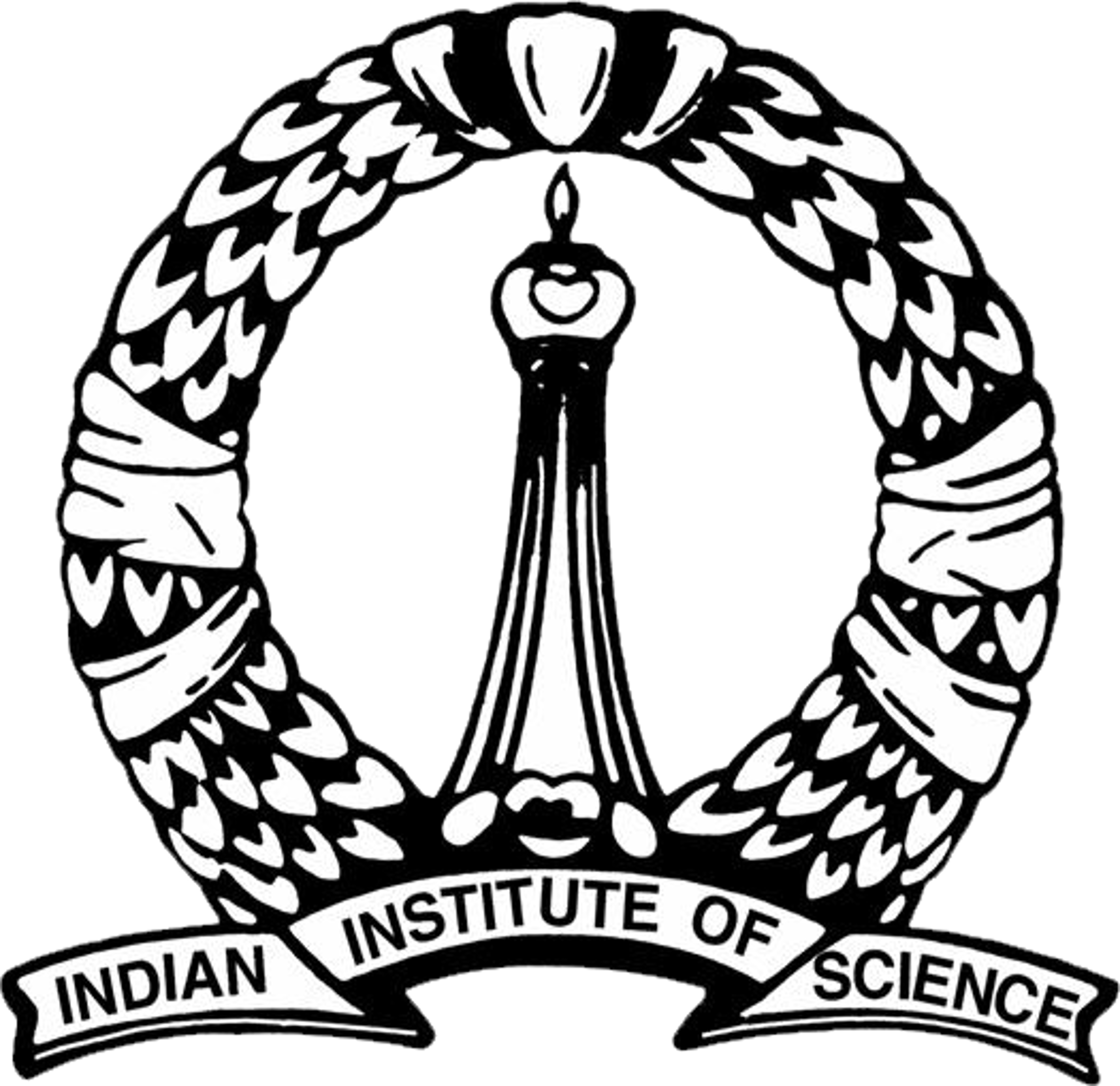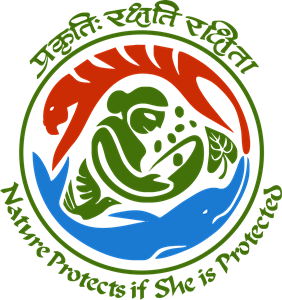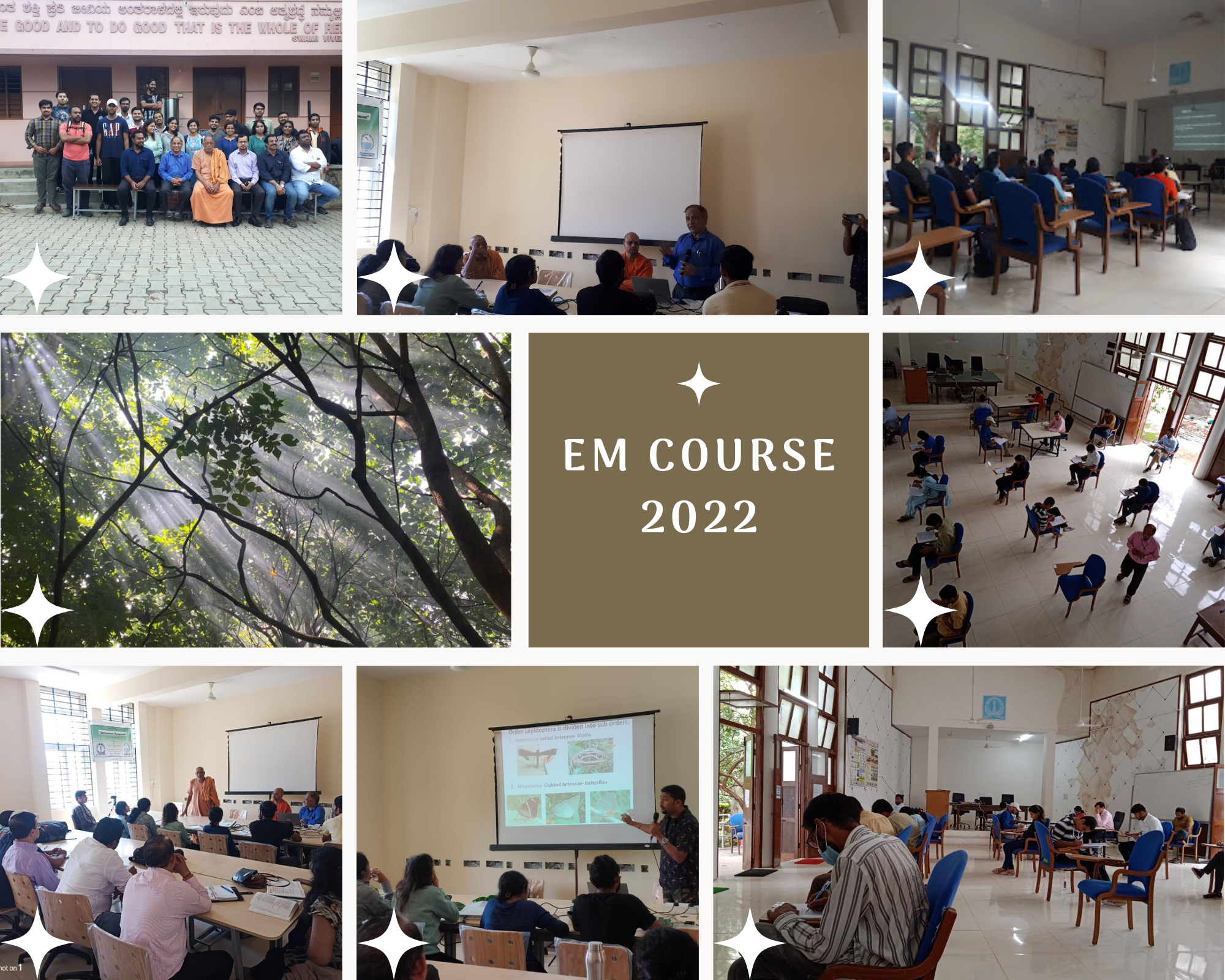CENTER FOR CONTINUING EDUCATION : SEPTEMBER - DECEMBER 2022
 |
|
 |
CENTER FOR CONTINUING EDUCATION : SEPTEMBER - DECEMBER 2022
 |
|
 |
EM Course 2022-2023
Information for Participants
Environmental Engineering Books
Management of Municipal Solid Waste
|
Management of Municipal Solid Waste |
||
Energy and Wetlands Research Group, Centre for Ecological Sciences, Indian Institute of Science, Bangalore 560 012, India. E-mail: cestvr@ces.iisc.ernet.in |
Contents:
Introducing Municipal Solid Waste Management * Classification of Solid Wastes * Solid Waste Managements (SWM) * SWM: The Indian Scenario * Waste Generation Aspects * Waste Stream Assessment (WSA) * Waste Generation and Composition * Waste Characteristics * Health and Environmental Effects * Case Study: Status of Waste Generation in Bangalore * Environmental Effects of Landfill * Landfill operation Issues * Waste Disposal: A Case Study of Bangalore * Waste Processing Techniques * Purpose of Processing * Mechanical Volume and Size Reduction * Component Separation * Drying and Dewatering * Source Reduction, Product Recovery and Rcycling * Source Reduction: Basics * Significance of Recycling * P I a nning of a Recyling Programme * Recycling Programme Elements * Commonly Recycled Materials and Processes * Case Study: Source Reduction and Recycling in Bangalore * Recovery of Biological Conversion Products: Compost and Biogas *Composting * Biogasification * Composting and Biogasification: Environmental Effects * Incineration and Energy Recovery * Incineration: An Introduction * Planning an Incineration Facility * Incineration Tecnologies * Energy Recovery * Air Emission and its Control * Environmental Concerns * Hazardous Waste: Management and Treatment * Hazardous Waste: Identification and Classification * Hazardous Waste Management * Hazardous Waste Treatment * Pollution Prevention and Waste Minimisation * Hazardous Wastes Management in India *Integrated Waste Management (IWM) * Basics of IWM * Life Cycle Assessment (LCA) Public Education and Involvement
Soil and Groundwater Pollution from Agricultural Activities
 |
Soil and Groundwater Pollution from Agricultural Activities |
||
Author: T.V. Ramachandra |
Contents:
Agricultural Activities and Environmental Impacts * Major Agricultural Practices * Classification of Crops * Nutrients * Crop Diseases and Control * Agricultural Situation in India * Soil- Processes and Properties * Introduction to Soil * Soil Formation * Soil Degradation * Classificati09 of Soil * Characteristics of Soil * Constituents of Soil * Types of Soil in India * Groundwater Hydrology * Groundwater: An Introduction * Occurrence and Distribution of Groundwater * Groundwater Movement * Groundwater Yield * Groundwater Recharge * Soil and Groundwater Pollution * Soil Pollution * Groundwater Pollution* Environmental Influences and Groundwater Level * Groundwater Quality and Analyses * Soil Quality and Analyses * Case Study: Groundwater Quality in India * Irrigation and Drainage: Impacts and Remedial Measures * Irrigation Effects * Drainage: Merits and Demerits * Remedial Measures * Example of Leaching Requirements * Case Study: Impacts of Irrigation and Drainage in India * Environmental Impacts ofFertilisers * Inorganic Fertilisers * Organic Fertiliser * Fate Pathways and Effects of Fertilisers * Mode, time and Quantity of Fertiliser Application * Pesticides and Environmental Impacts * Properties of Pesticides * Movement of Pesticide * Types of Pesticides * Commonly used Pesticides in India and their Properties * Environmental Impacts of Pesticides * Appropriate use of Pest:cides * Monitoring of Soil and Groundwater Pollution * Objectives and Scales of Monitoring * Monitoring Strategy * Groundwater Monitoring Plans * Monitoring by Sampling in Unsaturated/vadose zone * Monitoring the Saturated zone * Data Acquistion and Processing * Soil and Groundwater Treatment * Control of Point and Non point Sources of Pollution * Treatment Methods * Soil Remediation * Groundwater Treatment * Conservation and Management of Soil and Groundwater * Soil Conservation *Groundwater Management * Sustainable Agriculture * Eco-watershed Management
Environmental Management
|
Environmental Management |
||
Authors: Vijay Kulkarni & T.V. Ramachandra |
Contents:
Principles of Environmental Management * Introducing Environmental Managment (EM) * Ecosystem Concepts * Participants in EM * Ethics and the Environment * International Environmental Movement * Environmental Concerns in India * Policy And Legal Aspects of EM * Introduction to Environmental Policies * Environmental Policies and Programmes in India * Environmental Laws and Legislations * Environmental Legislations in India * Environmental Impact Assessment (EIA) * Introduction to EIA * Evolution of EIA * Forecasting Environmental Changes * Strategic Environmental Assessment (SEA) * Environmental Clearance Procedure in India * EIA Documentation and Processess * Preliminary Stages of EIA * Impact Prediction, Evaluation and Mitigation * Impact on Decisions * Participation, Requisites and Review * EIA Monitoring and Auditing *Environmental Auditing * Introduction to Environmental Auditing (EA) * General Audit Methodology * Elements of Audit Process * Waste Audits and Pollution Prevention Assessments * EA in Industrial Projects * Liability Audits and Site Assessment * Auditing of EMS * Life Cycle Assessment (LCA) * Evolution of Life Cycle Assessment * Stages in LCA of a Product * A Code of Good Conduct for LCA * Procedures for LCA * Different Applications of LCA * Environmental Management System Standards * Environmental Management Systems (EMS) * EMS Standards: ISO 14000 * Implementation of EMS Conforming to ISO 14001 * Benefits of Implementing ISO 14001: An Indian Scenario * Environmental Management Techniques * Environmental Monitoring * Environmental Modelling * Sensitivity Analysis * Application of Remote Sensing and GIS in EM * Environmental Profile *Environmental Technology Assessment * Environmental Risk Assessment * Rapid Urban Environmental Assessment * Eco-mapping * Environmental Education * Enviromental Design * Environmental Design (ED); An Exposition * ED for Manufactured Products * ED for Buildings * ED for Developmental Planning* Environmental Economics * Economics and the Environment * Environmental Valuation * Economics of Natural Rsources * Environmental and Regional Economics * Ecological Economics
Air Pollution Control
 |
Air Pollution Control |
||
Author: S. P. Mahajan Editor: T.V. Ramachandra |
Contents:
Introduction to Air Pollution * Basics of Air Pollution * Primary Pollutants * Secondary Pollutants * Estimation of Air Pollutant Sources * Air Pollution: Impact, Legislation and Standards * Impact of Air Pollution * Environmental Legislation * Air Quality Standards * Air Pollution Measurement * Ambient Air Quality Measurement * Sample Collection * Analysis of Pollutants: Analytical Methods * Continuous Air Pollution Monitoring Instruments * Prevention of Air Pollution * Concept of Source Reduction * Approaches to Source Reduction * Air Pollution Meteorology * Meteorological Aspects of Troposphere* Atmospheric Stability Aspects * Atmospheric Winds * Air Pollution Modelling * Aim of Air Pollution Modelling * Air Pollution Models * Application of Air Pollution Models * Air Pollution Cotrol Particulate Matter I * Sources and Movement of Particles * Gravity Settling Chamber * Cyclone Separators * Electrostatic Precipitators (ESP) * Air Pollution Particulate Matter II * Aerodynamic Separation of Particles * Air Filters * Wet Collection Methods * Comparison of Separation Equipment * Air Pollution Control: Volatile Organic Compounds (VOCs) * Need for Controlling VOC Emissions * Methods for Removal ofVOC * Air Pollution Control: Sulphur Dioxde and Oxides of Nitrogen * Control for Sulphur Dioxide * Control for Oxides of Nitrogen
Municipal Water and Wastewater Treatment
|
Municipal Water and Wastewater Treatment |
||
Authors: Rakesh Kumar & Singh R.N. Editor: T.V. Ramachandra |
Contents:
Water as a Resource: Some Related Issues * Water as a Resource * Water Characteristics and Its Classification * Water Quality * Municipal Water Supply System * Municipal Wastewater Generation, Conveyance and Disposal * M u n i c i p a I Wastewater Disposal Systems * Pollution Control Measures * Water Treatment Processes * Basic Concepts of Treatment * Physical Treatment Processes * Chemical Treatment Processes * Water Hardness and Softening * Miscellaneous Physical Chemical Treatment Processes * Wastewater Treatment: Physical and Chmical Processes * Basic Concepts * Physical Treatment Processes * Advanced Physical Techniques * Chemical Treatment Processes * Advanced Chemical Techniques * Waste water Treatment: Biological Methods * Biochemical Reactions * Treatment System * Nutrient Removal *Practical aspects of Biological Treatment Processes * Wastewater Reuse * Introduction to Wastewater Reuse * Wastewater Reuse * Sludge and Septage : Treatment and Disposal * Sludge Sources and Characteristics * Sludge Treatment Concepts and Processes * Sludge Treatment and Disposal * Septage Treatment and Disposal * Sludge Treatment Status in Developing Countries *Wastewater Disposal into Natural Water Bodies * Effluent Disposal Standards * Effluent Disposal by Dilution * Wastewater Disposal on land-land application * Wetland Treatment * Effluent Disposalon Land * Domestic Waste Disposal: Septic Tank * Sludge and Ash Disposal * Selection, Planning and Implementation Guidelines for Water * Site Survey and Investigation * Configurations and Types of Treatment Processes * Treatment Plant Operation and Control * Other Requirements
Information
Previous EM Courses
